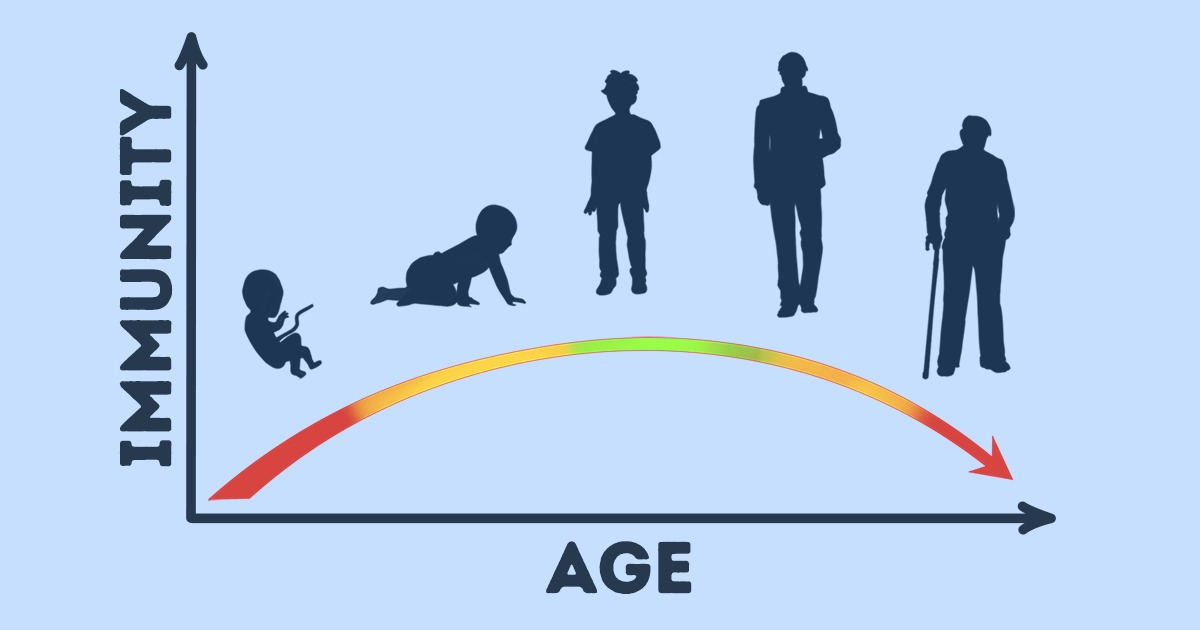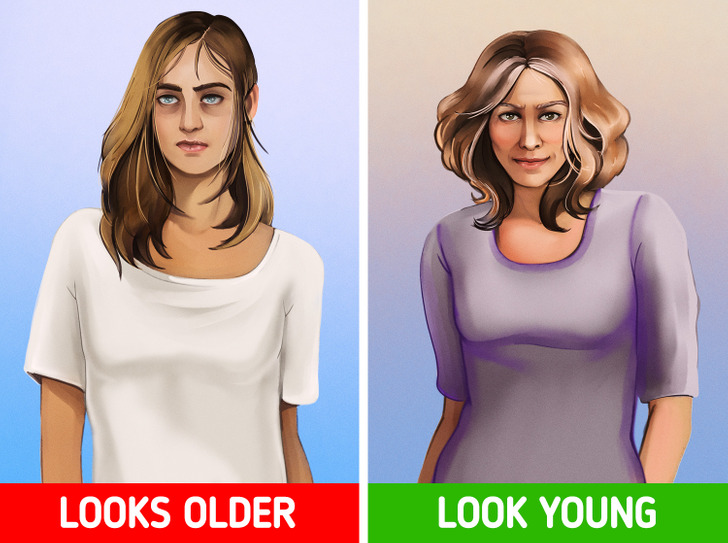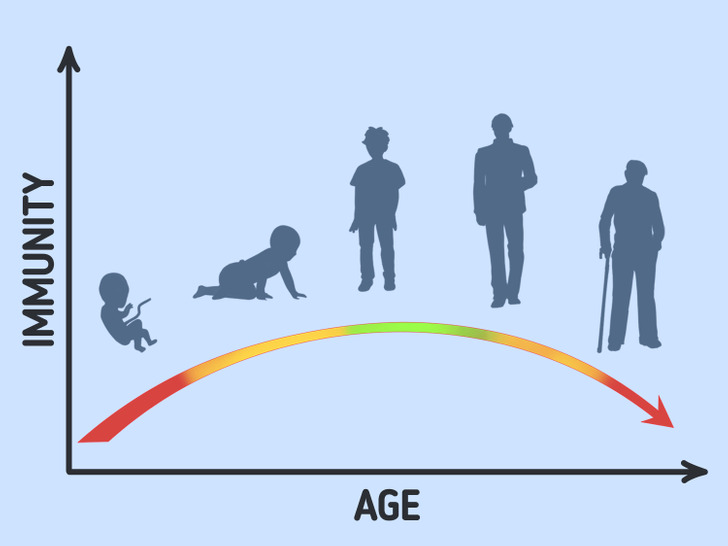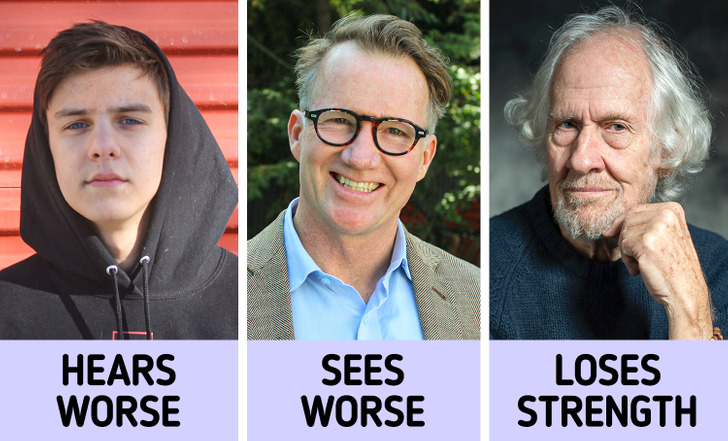What Immune Age Is

We define people’s age by the date of their birth. But the biological age of a person may be different from the date on their birth certificate. Now, there’s the term “immune age” which, according to scientists, can reveal a lot more about our health.
5-Minute Crafts explains how biological, immune, and real age are connected and why immune age is such a hot topic today.
Why passport age and biological age are 2 different things

When we talk about people’s age, we usually mean chronological (passport) age, which is calculated each year from the date a person was born. In this case, different body development factors are not considered, which is why 2 people who are the same age may look different.
Biological age determines the condition of the body more accurately. For example, you might be 60 years old, but thanks to your good habits and healthy lifestyle, your body appears 10-15 years younger. A lot of factors are at play here, including food, sports, and sleep, so 2 people who are the same age may have very different biological ages.
How immunity influences our age

But why do some people age faster and others age slower? The thing is, aging and biological age depends a lot on how the immune system functions. With each year we are alive, the quality of its work changes: a baby’s immunity is weak because it is just beginning to adapt to its environment to become stronger, but the immunity in elderly people is progressively getting weaker.
Besides, a lot of things depend on the genes that affect the immune system. For example, if a person is genetically prone to some diseases, the problem can’t often be solved by simply changing their lifestyle.
What immune age is
Immune age is the estimation of how the immune system works. A lot of data from blood samples form a high-dimensional trajectory of immune aging (IMM-AGE) that describes a person’s immune status better than chronological age.
Thanks to this analysis, you can find the weak spots in the immune system, like for example, seeing if a person is susceptible to certain diseases.
This is why immune age is the most precise way of determining someone’s health condition, no matter how young or old they look.

